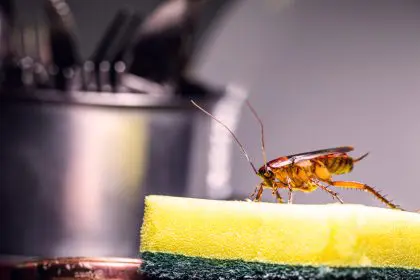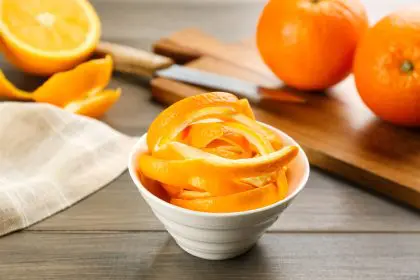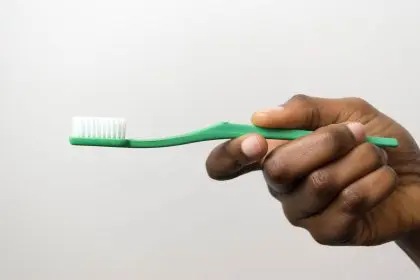In today’s fast-paced world, maintaining good health is more important than ever. The daily stresses and environmental factors we encounter can take a toll on our bodies, making it crucial to prioritize what we eat. One effective way to safeguard our well-being is by incorporating defensive foods into our diets. Defensive foods are rich in antioxidants, vitamins and minerals, which play key roles in protecting our bodies from harmful toxins and diseases. These nutrients help neutralize free radicals, unstable molecules that can damage cells and contribute to various health issues, including cancer and heart disease.
By regularly consuming defensive foods, such as fruits, vegetables, nuts, and seeds, we can bolster our immune systems and improve our overall health. These foods not only provide essential nutrients but also offer a natural defense mechanism against the negative impacts of our modern lifestyles. As we navigate the demands of our daily lives, prioritizing a diet rich in defensive foods can be a proactive step towards maintaining our health and well-being.
The importance of eating defensive foods
Defensive foods play a crucial role in protecting your body from free radicals, which are unstable molecules that can damage cells and lead to various health problems, including cancer and heart disease. By consuming foods rich in antioxidants — such as fruits, vegetables, nuts and seeds — you can help neutralize free radicals and reduce your risk of developing these serious conditions.
Key nutrients for protection
Certain nutrients found in defensive foods are particularly beneficial for protecting your body. Vitamin C, for example, is a powerful antioxidant that helps boost your immune system and protect against infections. Foods like oranges, strawberries and bell peppers are excellent sources of vitamin C.
Another key nutrient is vitamin E, which is found in foods like almonds, spinach and avocado. Vitamin E helps protect your cells from damage and supports healthy skin and eyes. Including these foods in your diet can help ensure you’re getting enough of these essential nutrients.
Incorporating defensive foods into your diet
One of the easiest ways to incorporate defensive foods into your diet is by adding more fruits and vegetables to your meals. Try to include a variety of colorful fruits and vegetables in your diet, as different colors indicate different antioxidants and nutrients.
Additionally, nuts and seeds are great sources of healthy fats and antioxidants. Try adding them to salads, yogurt or oatmeal for a nutritious boost.
Other Ways to Protect Your Body
In addition to eating defensive foods, there are other steps you can take to protect your body from harmful toxins and diseases. Staying hydrated is essential for flushing out toxins and keeping your body functioning properly. Aim to drink at least eight glasses of water a day to stay hydrated.
Exercise is another important aspect of maintaining good health. Regular physical activity can help strengthen your immune system, improve your mood and reduce your risk of developing chronic diseases.
Prioritizing a diet rich in defensive foods is crucial for protecting your body from the harmful effects of toxins and diseases. By incorporating more fruits, vegetables, nuts and seeds into your meals, you can ensure that your body receives the essential nutrients it needs to stay healthy and strong.
Fruits and vegetables are packed with vitamins, minerals and antioxidants that help boost your immune system and protect your cells from damage. Nuts and seeds are rich in healthy fats and additional antioxidants, providing further support for your overall health.
Making small but meaningful changes to your diet, such as choosing a piece of fruit as a snack or adding an extra serving of vegetables to your dinner plate, can have a significant impact on your health in the long run.
So, the next time you sit down to eat, remember to include plenty of defensive foods in your meals. Your body will thank you for it, and you’ll be taking an important step toward safeguarding your health and well-being for years to come.
This story was created using AI technology.














